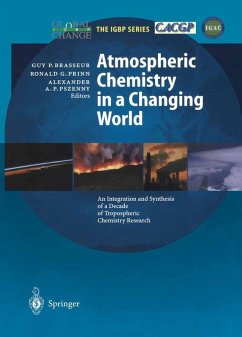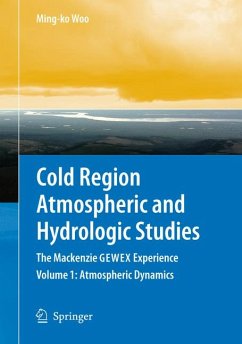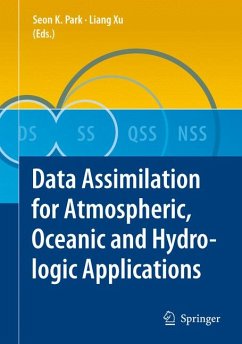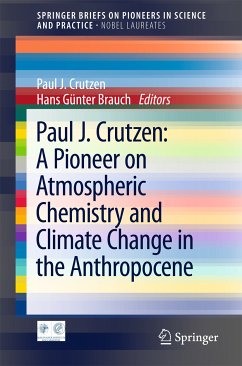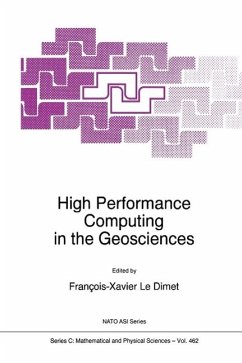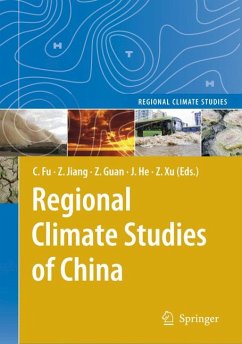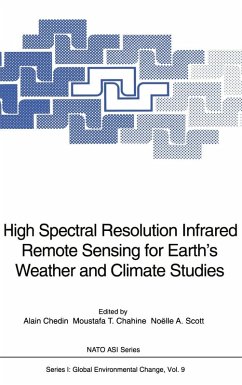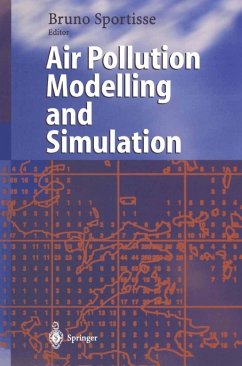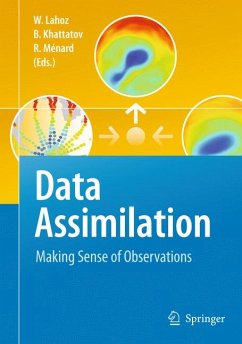
Data Assimilation (eBook, PDF)
Making Sense of Observations
Redaktion: Lahoz, William; Menard, Richard; Khattatov, Boris
Versandkostenfrei!
Sofort per Download lieferbar
128,95 €
inkl. MwSt.
Weitere Ausgaben:

PAYBACK Punkte
64 °P sammeln!
Data assimilation methods were largely developed for operational weather forecasting, but in recent years have been applied to an increasing range of earth science disciplines. This book will set out the theoretical basis of data assimilation with contributions by top international experts in the field. Various aspects of data assimilation are discussed including: theory; observations; models; numerical weather prediction; evaluation of observations and models; assessment of future satellite missions; application to components of the Earth System. References are made to recent developments in ...
Data assimilation methods were largely developed for operational weather forecasting, but in recent years have been applied to an increasing range of earth science disciplines. This book will set out the theoretical basis of data assimilation with contributions by top international experts in the field. Various aspects of data assimilation are discussed including: theory; observations; models; numerical weather prediction; evaluation of observations and models; assessment of future satellite missions; application to components of the Earth System. References are made to recent developments in data assimilation theory (e.g. Ensemble Kalman filter), and to novel applications of the data assimilation method (e.g. ionosphere, Mars data assimilation).
Dieser Download kann aus rechtlichen Gründen nur mit Rechnungsadresse in A, B, BG, CY, CZ, D, DK, EW, E, FIN, F, GR, HR, H, IRL, I, LT, L, LR, M, NL, PL, P, R, S, SLO, SK ausgeliefert werden.




